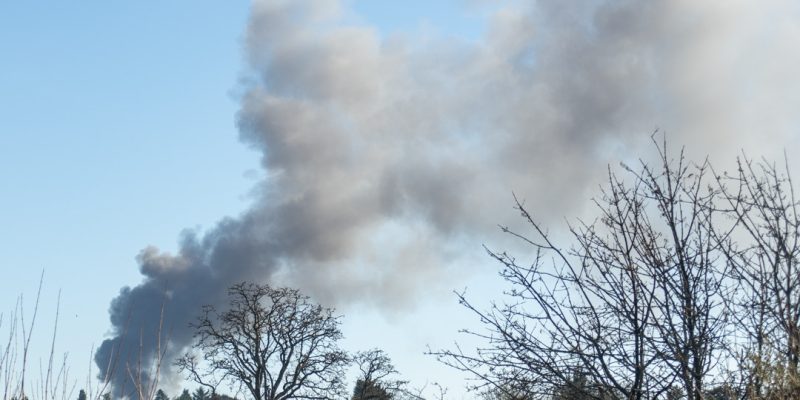With Cop30 underway in Brazil, Dorset residents may well have climate change on their mind, and what part they can play in fighting global warming.
Cop30 is an event in which the countries of the world get together and discuss what they can do to stop global warming.
Agreements like the Paris Agreement came out of events such as these.
However, criticism has been diverted the way of the Cop events, with people feeling limited change comes from them, not helped by the plentiful controversy making the headlines this year.
2025’s controversies have amplified concern.
Those ranging from indigenous protests to the USA sending zero delegates, alongside reports that fossil fuel lobbyists outnumber all foreign-based Cop30 delegates.
However, Chair of the Dorset Climate Action Network (CAN), Giles Watts feels there is reason to still be positive on a local level.
“These things are really, really difficult [Cop30], and I think we should be really encouraged that there are these international Cops, because any conversation is good conversation.”
To strengthen local engagement, Dorset CAN has partnered with other organisations to run the ‘Dorset Cops’.
On what they questioned, Watts said: “what could we do on a local level, which actually tries to support what is happening at the international level.
“In general I think they’ve been pretty successful, they try to bring together the 200 odd environmental and climate change organisations around Dorset to help inform each other.”
They’ve run three Cop’s so far, with one of them taking place at Bournemouth University last year.
Asking Watts how he feels everyday people can help the climate, he said: “We can’t tell people what not to do.”
He argued; telling people they can’t travel, eat meat or have to wear certain clothes will never succeed on a wider scale, and that the change needs to come from a more county level with regards to agriculture, transport and heating.
And speaking to the general public, that sentiment is shared, one Dorset resident, Charlie Goodrick, said: “Changing my diet or doing things differently when big organisations burn oil for fun isn’t going to make a difference to the environment.
“So the question is, why should I change what I do if they won’t?”


 Mini-summit held to tackle community needs
Mini-summit held to tackle community needs